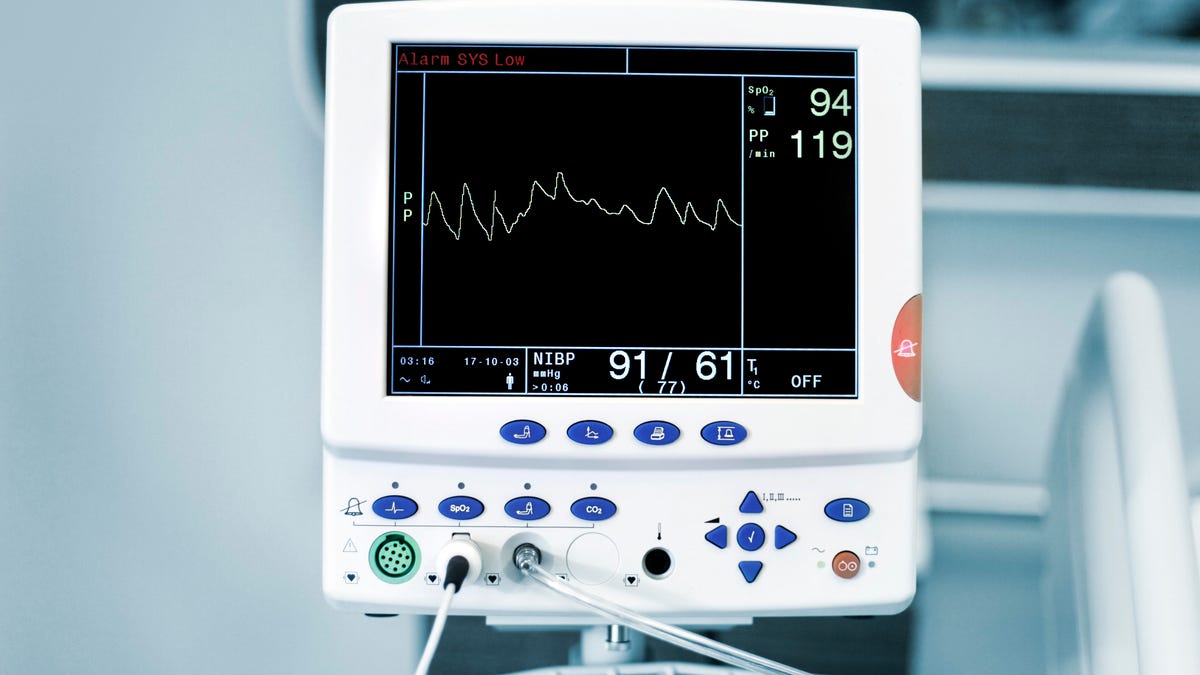New medical AI can take vitals without waking up patients
Using deep learning to predict patient vitals as they sleep could lead to healthier patients and less burnout for nurses, researchers say.

Anyone who's stayed overnight in a hospital knows that periodically, nurses will come in, wake you up and check your vitals. While this is necessary information to gather, a team at the Feinstein Institutes for Research says that overnight disruptions can cause more harm than good, in the way of cognitive impairment, hypertension, extra stress and other negative impacts on patients -- not to mention increased work for nurses.
To find a better way, the team studied vital sign measurements taken from patients at Northwell Health hospitals in New York between 2012 and 2019. Data collected included respiratory rate, heart rate, systolic blood pressure, body temperature and age. The study examined 24.3 million vital sign measurements total, from 2.13 million patient visits.
The team used the information to develop a deep-learning predictive clinical tool that uses AI to predict a patient's overnight stability, eliminating the need for multiple vital checks. The study, published Friday in Nature Partner Journals Digital Medicine, revealed that the AI only misclassified two out of 10,000 patients overnight hospital stays. The team added that those misclassifications could easily be fixed by nurses on typical rounds.
"Rest is a critical element to a patient's care, and it has been well-documented that disrupted sleep is a common complaint that could delay discharge and recovery," Theodoros Zanos, assistant professor at Feinstein Institutes' Institute of Bioelectronic Medicine and leader of the research team, said in a release. Zanos noted that the team's findings highlight the safety and accuracy of machine learning-based solutions.
In addition to helping patients sleep better, the AI also can potentially help overburdened nurses and hospital staff. According to the research team, nurses spend 20-35% of their time documenting vitals, and approximately 10% percent of their shift collecting them -- which they must do an average of every four to five hours per patient. The researchers said that the AI could mean a 20-25% workload reduction for nurses in one overnight shift.
The tool is rolling out now in several hospitals across Northwell Health.
For more, check out how AI is being used to predict Alzheimer's seven years before clinical diagnosis.

